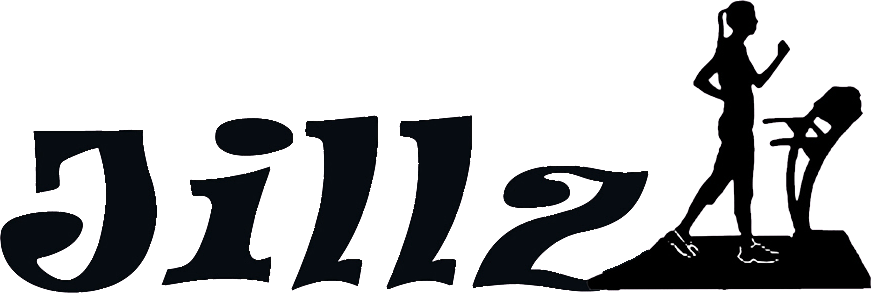Frequently Asked Questions
Jillz Health & Fitness
Here's some FAQs relating to my classes and the service I provide...
- How can I get fitter?
Appropriate regular exercise which includes cardio vascular and strengthening exercises, plus a healthy, nutritionally balanced diet.
- What is Cardio Vascular (CV) exercise?
Cardio Vascular (CV) exercise increases your heart rate and breathing. It should also increase your temperature. Such exercises include activities such as walking, jogging, running, cycling, rowing, playing a racket sport. These are just a few examples. You should choose something that you enjoy and something that is appropriate to your level of health and fitness.
- Why do I need to do both cardio vascular (CV) and strength training?
These two different types of exercises work your body differently. Both offer good benefits to improving your fitness levels. CV exercise works your heart and lungs and burns fat at certain training levels. Strength training works the other muscles more specifically in your body, also burning fat and increasing muscle mass. With increased muscle mass you can burn more calories. Healthier stronger muscles and a strong heart and lungs all help increase your overall stamina, health, fitness and wellbeing.
- How can I motivate myself to exercise?
Set some long term and short term goals, make them realistic.
Find an exercise you enjoy, maybe try something new.
Find a training buddy to train with, maybe a friend or work colleague.
Count your steps daily and work your way up to 10,000 each day.
Monitor the benefits you see as you progress, write them down.
Build your exercise into your daily routine, e.g. get off the bus a stop early and walk the rest of the way, park further away in the car park, take the stairs, use your lunch break to do a little exercise.
- How can I lose weight?
Introduce regular exercise/activity (more than you currently undertake) into your daily life/routine. Make healthy food choices, moving away from processed foods, high fat and high sugar foods. Eat appropriate portion sizes. Eat regular meals and reduce snacking. Get adequate and quality rest and sleep. Seek help and advice to educate yourself in these areas if necessary and make healthy eating, exercise and quality sleep a part of your everyday lifestyle.
- Can exercise help my mental health?
Definitely! Exercise increases the production of ‘feel good’ hormones in your body which helps lift your mood. Healthy eating also assists with your mental health and wellbeing.
- How can exercise help a health condition which has no cure like Parkinson’s or Multiple Sclerosis (MS)?
It has been proven that the progression of such conditions can be slowed through exercise. Exercise stimulates your brain and body thus helping to sloth progression of some conditions.
- Should I exercise if I have Osteoarthritis or Rheumatoid Arthritis?
Exercise will help both these conditions but exercise should be weight bearing like walking, not impact like jogging or running.
- How often should I exercise?
Aim for 5 times each week, 30 - 60 minutes each session, or build up to this over a period of time.
- How can I make my diet healthier?
Ensure your diet is balanced nutritionally, including protein, carbohydrates, fresh fruit, vegetables and water daily. Ensure you do not over eat and keep a check on your portion sizes. You should also reduce your intake of animal fats, sugars and processed foods.
If you have an additional question, then please do not hesitate to get in touch with me.
Contact Us
We will get back to you as soon as possible
Please try again later
WHERE TO FIND US
Postal Address:Jillz Health & FitnessWesthavenCumming RoadDownhamBillericayCM11 1LW
All Rights Reserved | Jillz Health & Fitness


